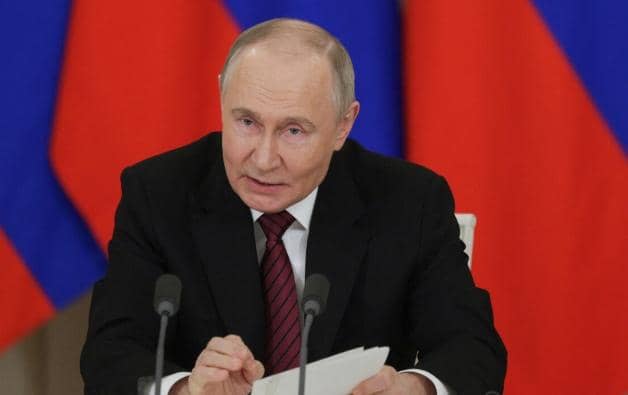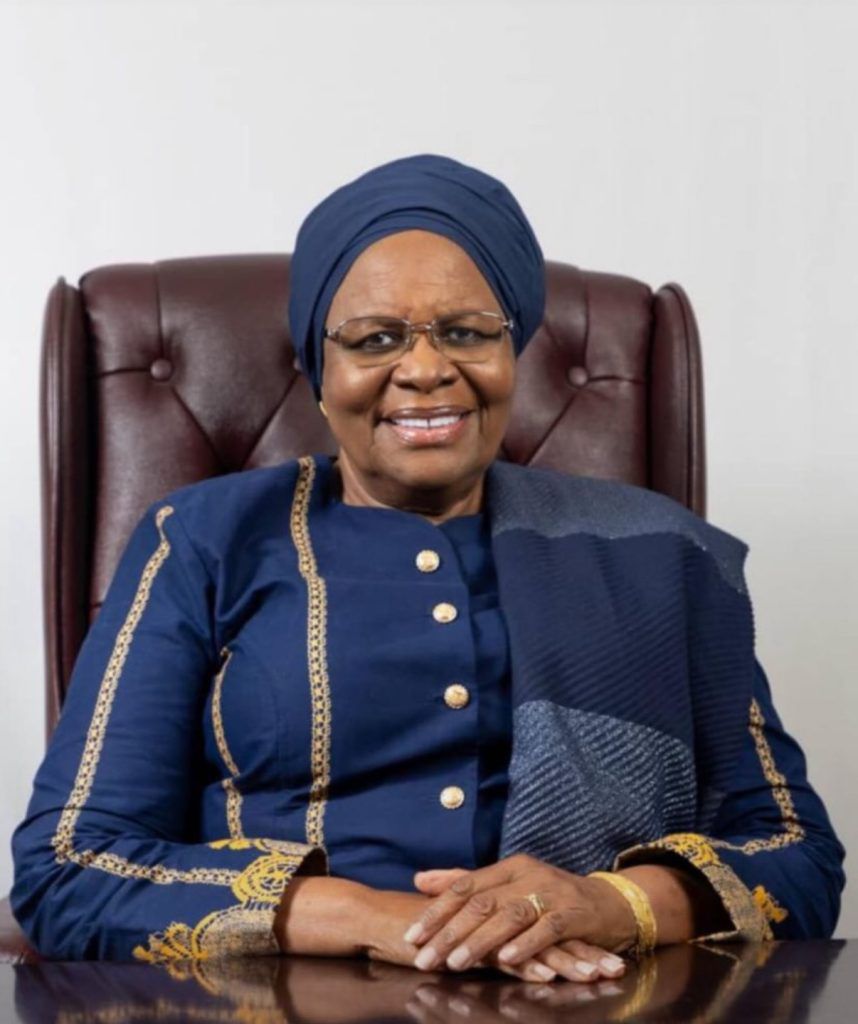PARIS – Economic downturn in the United States and a global confidence crisis is no reason to restrict cross-border investment or resort to other forms of protectionism, OECD chief Angel Gurria said yesterday.
“Investment is key to development,” Gurria said in a speech on investment in less economically developed regions. The Paris-based Organisation for Economic Cooperation and Development is drawing up a report for the G7 industrial powers on how they should respond to the emergence of state-controlled wealth investment funds from China to the Middle East.Gurria, who has made it clear he feels new regulations or laws are not needed as long as such funds operate transparently, painted a gloomy picture of the global economic climate, according to a text of his speech.The United States was experiencing a severe downturn and the European Union was struggling to cope under the burden of “a heavy euro”, he said, referring to the euro’s exchange rate strength.”Oil, gold, metals and food prices are hitting record levels and we are experiencing a global crisis of confidence.Although some emerging economies are still growing strongly, there is no ‘decoupling’ and the impact of the US situation is still to be felt,” he said.”In this context, it is easy to be captured by a protectionist trend, above all in the area of investment.”To achieve UN goals of poverty reduction and development in the world, private capital and investment was imperative, he said.”Having sound and open investment regimes has contributed to the global expansion of the world economy in the last decade.”On a trip to China this week, Gurria said he saw no reason for new rules to police so-called sovereign wealth funds as long as they were transparent and invested on commercial rather than political grounds.”And therefore, we believe that there should not be any legislation or any regulation or any code applied that unduly restricts the freedom of investment, because we would be doing ourselves a disservice,” he told reporters in Beijing.Sovereign wealth funds now have assets between US$1,9 trillion and US$2,9 trillion and this could grow to US$15 trillion in the next eight years, according to US Treasury estimates.The International Monetary Fund is examining the issue from the perspective of countries that have wealth funds, including Norway, Abu Dhabi, Singapore and China.The OECD, a club of 30 mostly industrialised economies, is looking at the issue from the viewpoint of recipient countries.The latest investment by China’s fund, the US$200 billion China Investment Corp, is a stake of more than US$100 million in Visa, the credit card company that went public last week.Nampa-ReutersThe Paris-based Organisation for Economic Cooperation and Development is drawing up a report for the G7 industrial powers on how they should respond to the emergence of state-controlled wealth investment funds from China to the Middle East.Gurria, who has made it clear he feels new regulations or laws are not needed as long as such funds operate transparently, painted a gloomy picture of the global economic climate, according to a text of his speech.The United States was experiencing a severe downturn and the European Union was struggling to cope under the burden of “a heavy euro”, he said, referring to the euro’s exchange rate strength.”Oil, gold, metals and food prices are hitting record levels and we are experiencing a global crisis of confidence.Although some emerging economies are still growing strongly, there is no ‘decoupling’ and the impact of the US situation is still to be felt,” he said.”In this context, it is easy to be captured by a protectionist trend, above all in the area of investment.”To achieve UN goals of poverty reduction and development in the world, private capital and investment was imperative, he said.”Having sound and open investment regimes has contributed to the global expansion of the world economy in the last decade.”On a trip to China this week, Gurria said he saw no reason for new rules to police so-called sovereign wealth funds as long as they were transparent and invested on commercial rather than political grounds.”And therefore, we believe that there should not be any legislation or any regulation or any code applied that unduly restricts the freedom of investment, because we would be doing ourselves a disservice,” he told reporters in Beijing.Sovereign wealth funds now have assets between US$1,9 trillion and US$2,9 trillion and this could grow to US$15 trillion in the next eight years, according to US Treasury estimates.The International Monetary Fund is examining the issue from the perspective of countries that have wealth funds, including Norway, Abu Dhabi, Singapore and China.The OECD, a club of 30 mostly industrialised economies, is looking at the issue from the viewpoint of recipient countries.The latest investment by China’s fund, the US$200 billion China Investment Corp, is a stake of more than US$100 million in Visa, the credit card company that went public last week.Nampa-Reuters
Stay informed with The Namibian – your source for credible journalism. Get in-depth reporting and opinions for
only N$85 a month. Invest in journalism, invest in democracy –
Subscribe Now!










